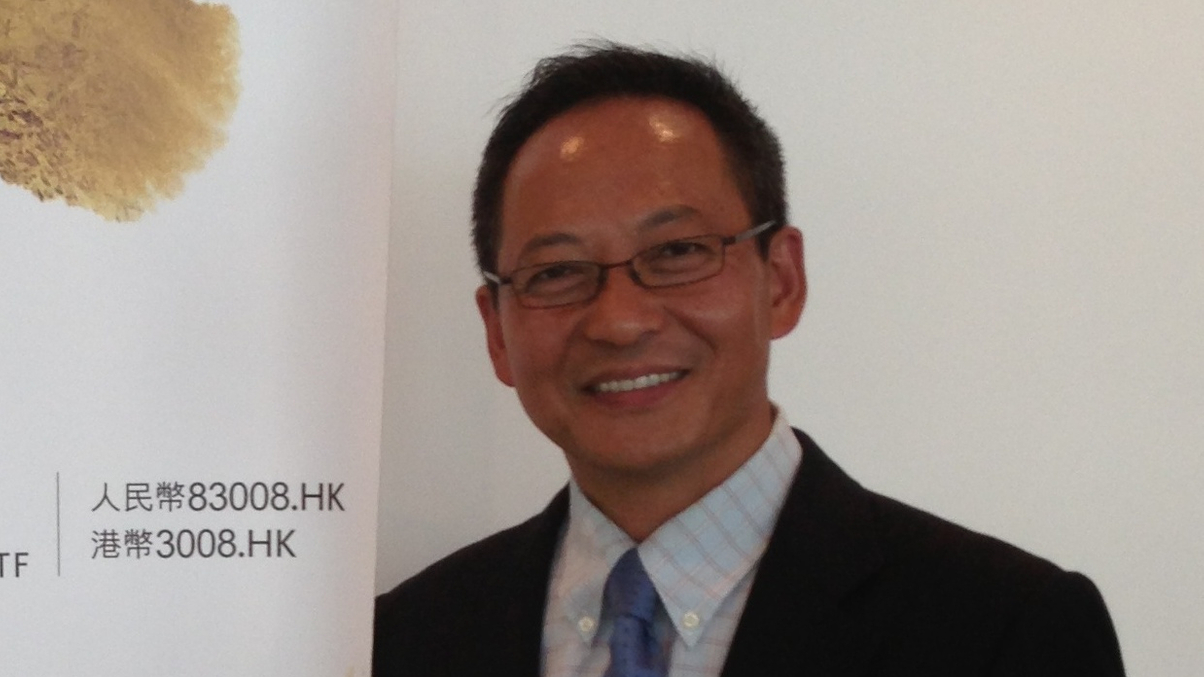Fundraising ends for first sector-based RQFII ETFs
The Hong Kong unit of China Universal AM closes IPOs for its two ETFs today, having targeted buyers in Korea, Taiwan, Singapore and HK. It will list the funds in HK on May 12.

The Hong Kong unit of mainland asset manager China Universal today closes initial fundraising for the world’s first two sector-based RQFII exchange-traded funds.
Sign in to read on!
Registered users get 2 free articles in 30 days.
Subscribers have full unlimited access to AsianInvestor
Not signed up? New users get 2 free articles per month, plus a 7-day unlimited free trial.
¬ Haymarket Media Limited. All rights reserved.


